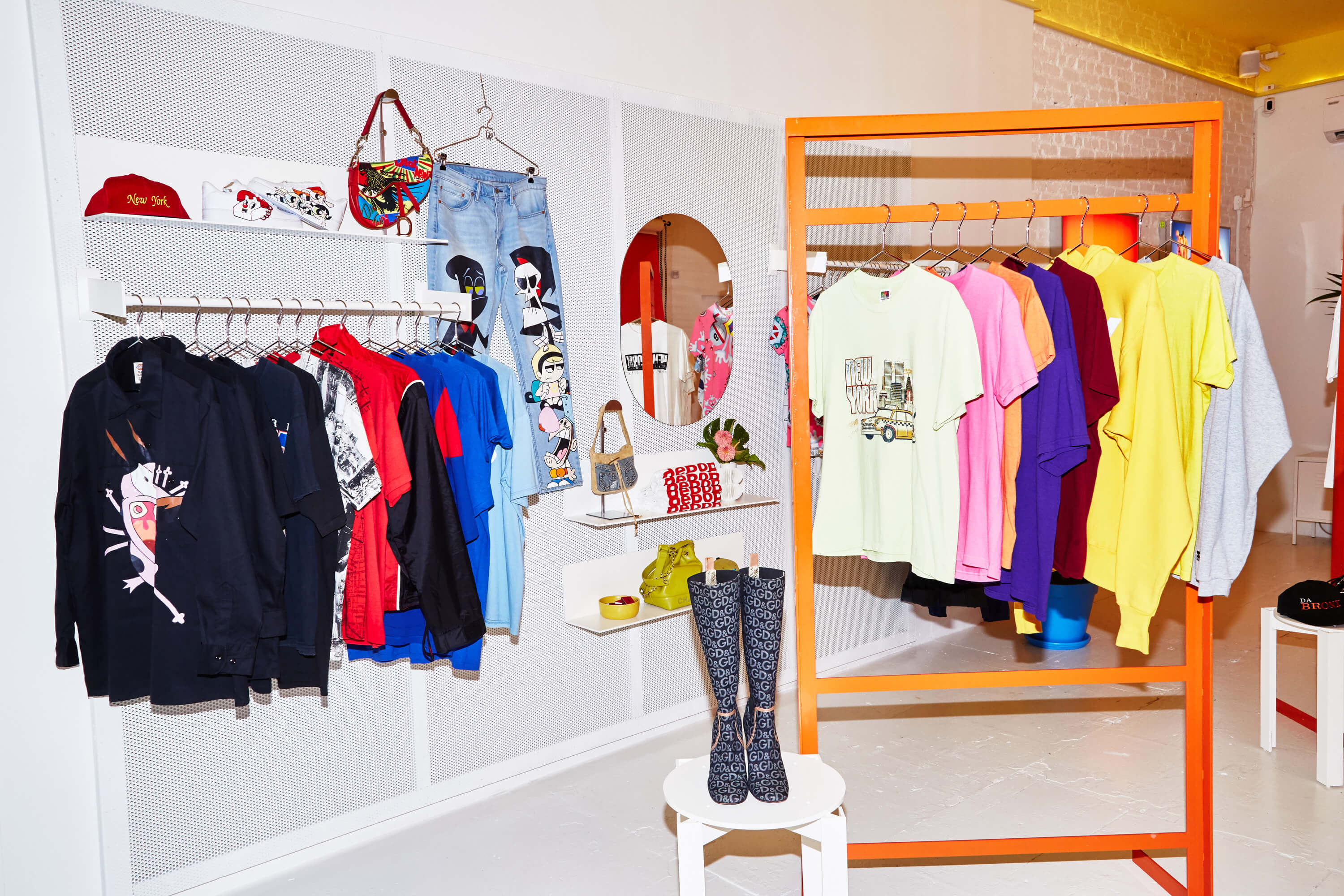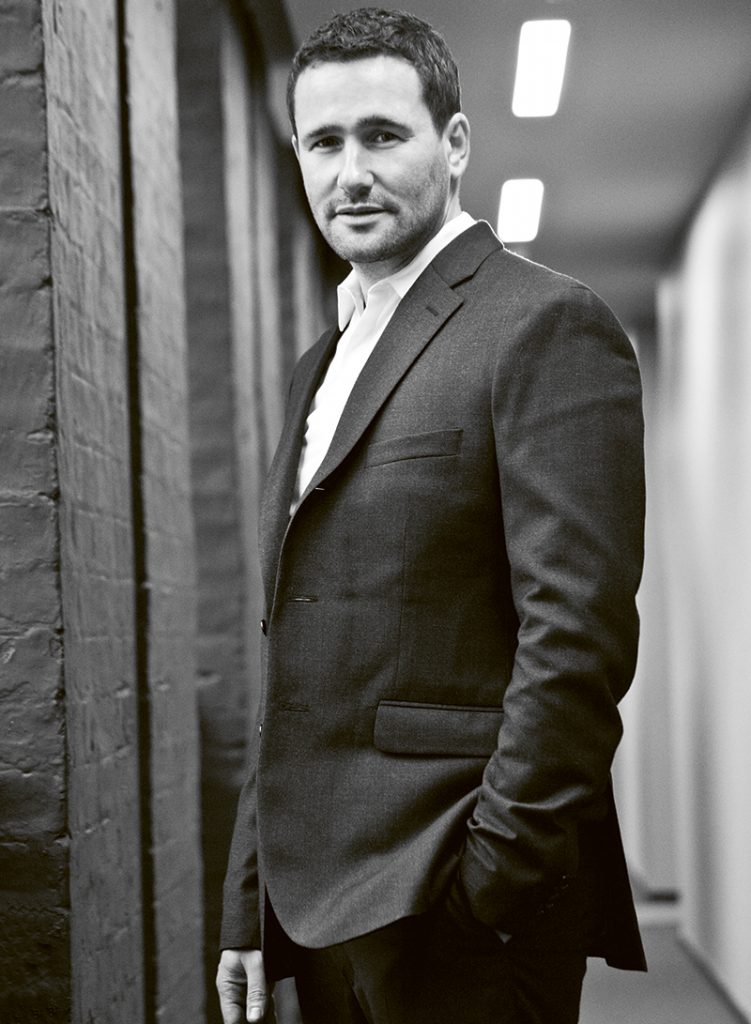
Robert Soning, Co-Founder and Chief Operating Officer of Londonewcastle, looks at how unused space has been revitalised with the advent of the pop-up shop and argues for more brands to take the plunge.
This article was originally published in Luxury Briefing 216.
Today, the pop-up is a phenomenon that is seen in almost every industry – food, cinema, art, design, retail, experiential … the list goes on. What was once associated with inexperienced, small-scale businesses is now a popular advertising and marketing technique used not only by start-ups but also by established brands.
New businesses can have an extremely tough time when it comes to getting their name out there, and established brands are looking for increasingly dynamic ways to amplify their salience with customers.
If brands have a unique-enough selling point, pop-ups can be a fantastic way to create buzz around a product or service, while allowing non-committal exposure within temporary spaces. For e-commerce brands, the pop-up presents an opportunity to test the waters and make a physical customer connection before pledging to a permanent brick-and-mortar presence.
We live in a time where millennials are happy to pay a premium for something experiential and pop-ups have flourished by giving customers fun and interactive experiences they can share on social media; while businesses benefit from affordable temporary premises from which to launch a creative marketing campaign.
It’s quite fascinating to see how far pop-up shops have come in London since they first emerged over a decade ago when the financial crash occurred. It was a novelty when BOXPARK opened in London’s Shoreditch back in 2011, then labelled as ‘the world’s first pop-up shopping mall’. Now, it’s a buzzing permanent fixture that has contributed to putting that area of east London on the map as a trendy shopping destination. Similarly, Peckham Levels, Pop Brixton and BOXPARK Croydon and Wembley have all become popular entertainment destinations for locals and tourists alike.
I’ve always been passionate about the concept of pop-up shops and how they transform unused space into something beautiful and creative. Londonewcastle’s experience when it comes to pop-ups and meanwhile-use space includes dynamic partnerships such as ‘Hel Yes!’ in 2010, which was our collaboration with Finnish creatives debuting their pop-up art, food and design concept in our Wenlock Road site; and Ryan Gander’s Locked Room Scenario in 2011, an innovative and totally original art-installation-come-murder-mystery.
These collaborations are an example of how businesses can bridge the gap between a core speciality and delving into a new sector – in our case merging strong expertise in property with the exhilarating world of art and design.
The way some areas of London have changed over the past 10 years has absolutely been down to pop-ups. The majority of today’s consumers aren’t interested in chain retail shops and restaurants; they want something new that is a bit under-the-radar and different from the traditional brick-and-mortar presence. Independent retailers are leaps and bounds ahead of larger corporations when it comes to a passion for art, culture and craft. They should be celebrated!
Even the most established of luxury brands have seen the appeal and success of pop-up shops and have jumped on the trend – Hermès, Marc Jacobs and Fendi to name a few. There is something tempting about knowing that a shop is only temporary. Marry that with a cool location or inventive product and you are on the road to a serious triumph.
Many luxury brands now use pop-ups as part of an effective marketing campaign to introduce new products and collections, or for collaborating with other brands on launching limited-edition collections or exclusive products. They are necessarily experimental. Their intrinsic flexibility and innovation bring magic back to the high street, forcing retailers to think outside the box. They are the future of retail, with creativity being paramount in somewhere like London – the most progressive city in the world.
Some people are in two minds about pop-ups; they love the makeshift movement but would prefer more permanent spaces. But whether you like it or not, there is no denying that pop-ups are here to stay and are bringing some vibrancy to the retail scene. They are a result of sheer creativity and strategic planning and, in my opinion, any individual or brand that has taken the plunge with a pop-up space should be supported and commended.

